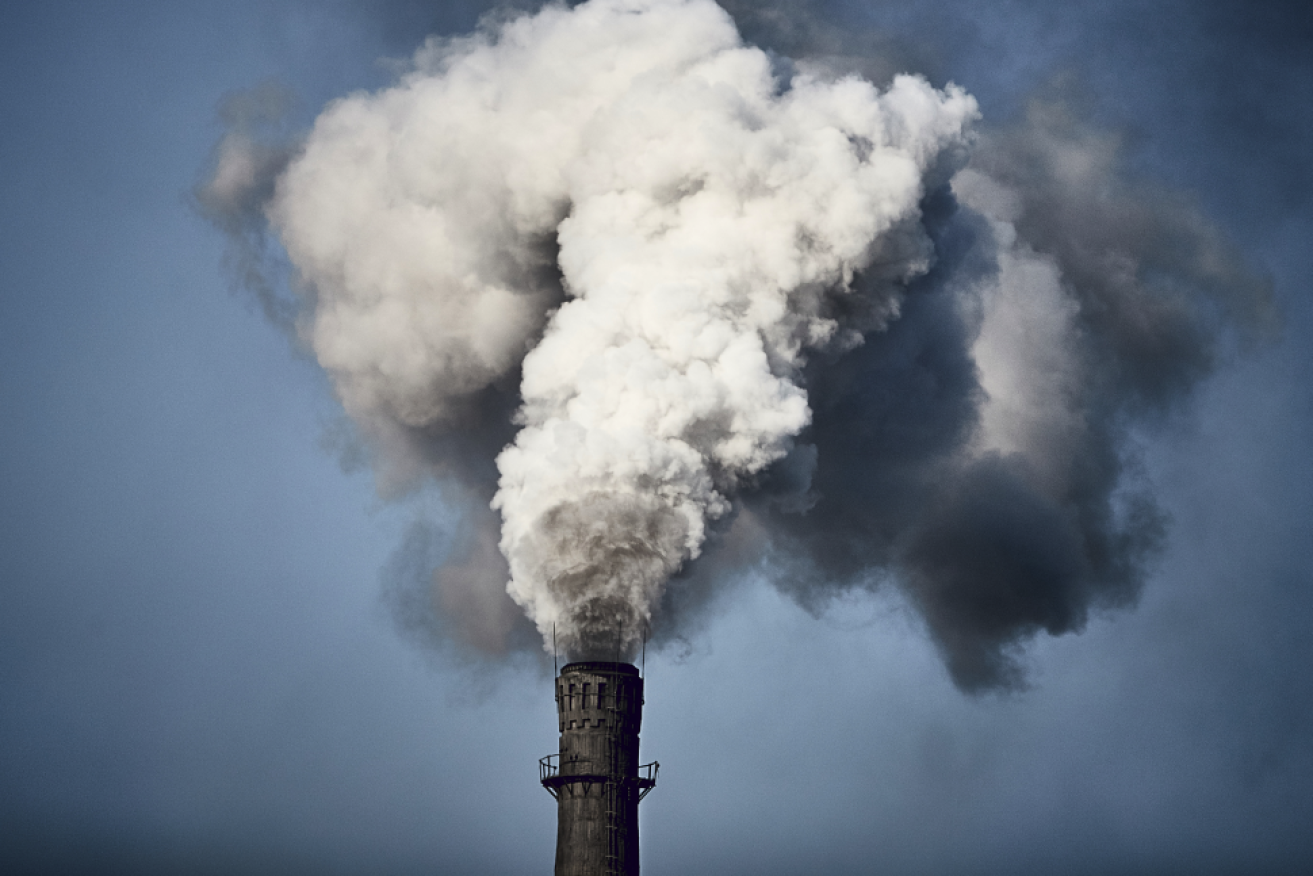The case for subsidising Adani is worse than weak


Higher grade coal can extend the economic life of a power station. Photo: Getty
When governments subsidise private-sector investments, they should have a compelling case for doing so – something that’s missing in government plans to assist coal giant Adani open up mines in the Galilee Basin.
Both the Queensland and federal governments look determined to subsidise the company, despite growing protests at home and the economics of such a move deteriorating day by day.
This should alarm all taxpayers, because unlike the small subsidies used to secure a future for the strategically important Arrium steelworks in Whyalla, the larger concessions sought by Adani contribute to a very different objective.
A billion-dollar loan being considered by the Turnbull government, plus hundreds of millions of dollars worth of water and royalty concessions at the state level, would have one main effect: helping Adani extract more profit from its existing coal assets in India before they become ‘stranded’.
The politicians have tried to argue that Adani’s coal power generators in India are just what that still-impoverished nation needs to prosper.
Yet the Indian government is itself taking great strides away from coal power, and towards an “explosion of renewable energy“.

The world’s largest solar rooftop plant in Beas, near Amritsar, in India. Photo: Getty
The Indian government recognises, as do the Turnbull government MPs who accept the findings of their own Finkel Report, that renewable energy backed by peaking plants and storage is already the cheapest option for new-build power generation.
Resources Minister Matt Canavan continues to rely on a fallacious argument for wanting to see the Adani mines go ahead – namely, that high-grade coal exports to India displace low-grade coal burned in power stations and thereby lower emissions.
The flaw in that argument is that that higher grade coal also has the effect of making existing power stations more profitable, thereby keeping them burning for years longer before being overtaken by cheaper renewable power.
And they are being overtaken. Adani has already run into trouble via a Supreme Court ruling in India that some see as “the end of the road for imported coal-based power projects in India unless the power purchase agreements allowed pass through of all variables linked to it such as international regulations, forex fluctuations and transportation cost”.
Developing the Galilee Basin mines would give Adani greater control over those variables, and hence keep its generators burning longer that might otherwise be expected in a nation rushing towards low-emissions power.
It gets worse
The number one reason for backing the Adani project is, as Queensland Premier Annastacia Palaszczuk puts it, that “I need jobs for Queenslanders”.
But what’s galling about that statement is that there are already predictions that the Adani coal exports will lead to premature closures of existing mines in Queensland and NSW, a consequent plunge in royalty revenues in NSW, threats to groundwater reserves upon which agribusinesses rely, and threats to the tourism industry based around the Great Barrier Reef.
When those jobs are weighed against the Adani jobs, the question must be raised again – what do the politicians know that they aren’t telling us?
In recent times there have been powerful cases put for using taxpayer subsidies to shore up Australia’s auto manufacturing sector (sadly now in the throes of shutting down), subsidising jobs of the future in renewable energy, securing the steel industry at Whyalla and so on.
But backing a plan that will cannibalise existing Australian jobs, just to help a multinational squeeze a few years’ more profit from its stranded assets looks either idiotic or corrupt.








